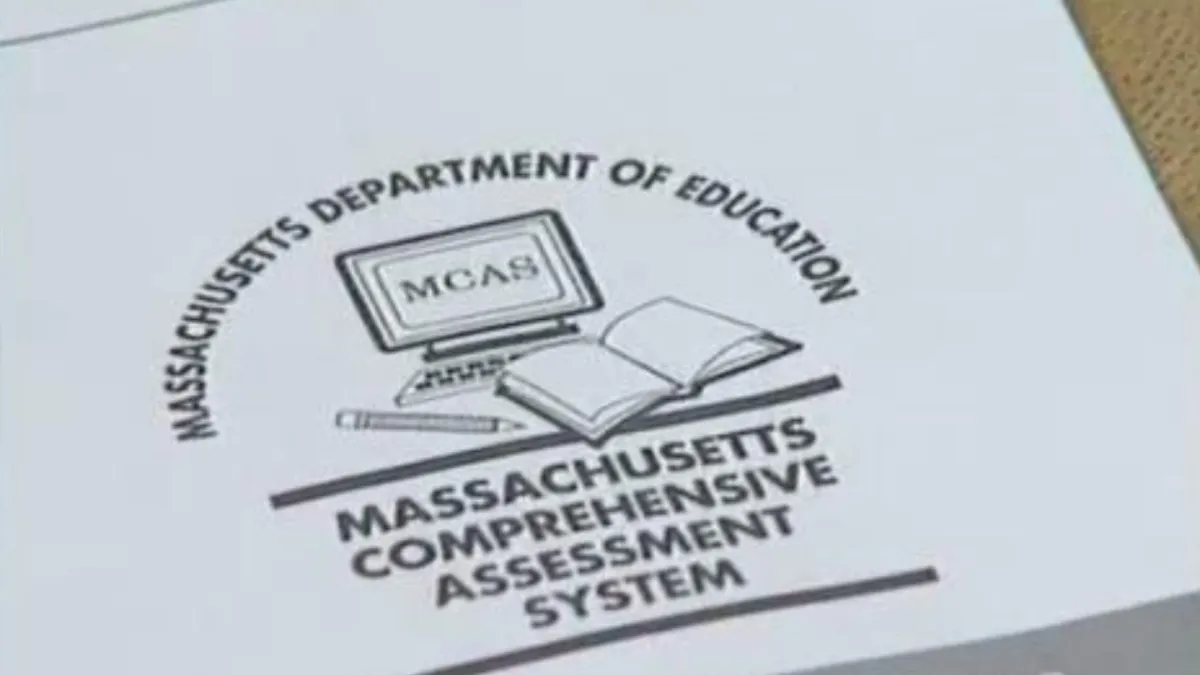The United States has long been represented on the international stage by the metaphor of a “City on the Hill”: a beacon of morality, democracy, and human rights, protecting and promoting these ideals wherever possible, and looked up to by other democracies around the world. However, that metaphor may no longer be applicable today.
In the wake of WWII, the U.S. brought much-needed economic aid, security, and support for building democracies to Europe. This role elevated the U.S. as a global leader and symbol of democratic ideals. My German exchange student, whom I hosted last fall, expressed doubts about whether this image still holds: “How can [Germany] trust America for help when America cannot help itself?” Recent statements from European leaders like Chancellor Olaf Scholz of Germany and President Emmanuel Macron of France reflect similar concerns. Both leaders have openly questioned the U.S.’s reliability as an ally, pointing to former President Trump’s skepticism towards NATO and his wavering commitment to defend the US’ allies.
Trump’s comments regarding certain countries, in which he referred to some African nations with derogatory terms, have also raised concerns about the US’ commitment to supporting developing countries, something essential to being the City on the Hill. These remarks and his administration’s approach to foreign aid have led some leaders in the global community to question America’s role as an ally in promoting democracy and economic development. The election of a leader who openly challenges alliances, uses divisive language, and is a convicted criminal has raised doubts about the US being a reliable advocate for democratic values.
The election of Mr. Trump as president therefore presents a question to the global community: if the United States chose a leader who takes such a controversial stance on international cooperation and diplomacy, can it still be seen as a “City on the Hill”?



